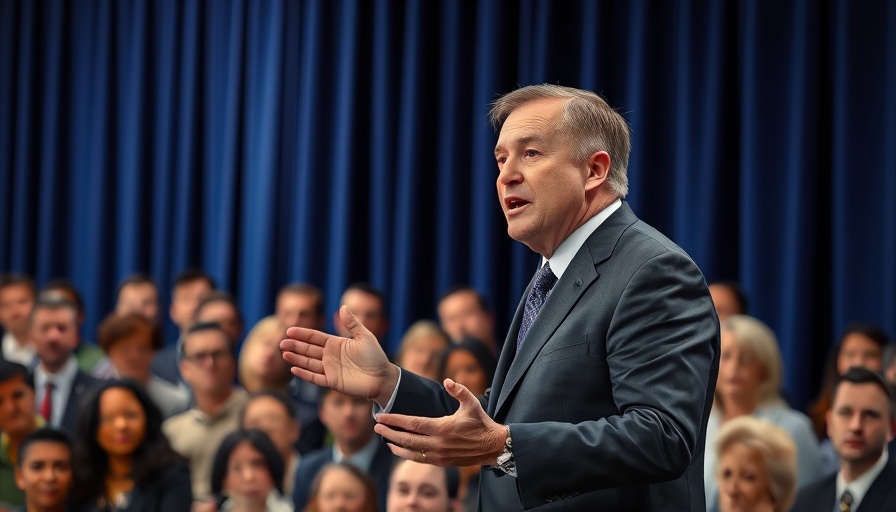
Exploring the New 2025-2026 Missouri Aeronautical Chart: A Key Resource for Pilots
As the skies above Missouri become a vital conduit for trade and travel, the release of the 2025-2026 Missouri Aeronautical Chart marks a significant moment for pilots and aviation enthusiasts alike. Produced bi-annually by the Missouri Department of Transportation (MoDOT), this chart is not just a collection of maps; it’s a comprehensive planning tool that ensures safety, efficiency, and engagement in the aviation sector.
Why the Aeronautical Chart is Essential for Aviation Safety
Pilots utilizing the 2025-2026 aeronautical chart are getting much more than just directions. The updated chart includes crucial information such as airport locations, communication frequencies, airfield sign guides, and airspace classifications. Additionally, it lists all aviation weather reporting stations across Missouri, complete with contact details. Such information is invaluable, particularly given that Missouri's airports facilitated over 14.7 million passenger enplanements last year. This volume reflects the state’s importance as an air hub and emphasizes the chart's role in maintaining a safe flying environment.
The Importance of Staying Updated: A Pilot’s Responsibility
While the new chart offers a wealth of information, it’s imperative for pilots to exercise caution and remain vigilant. Aeronautical data can change rapidly, and reliance solely on the chart without current Federal Aviation Administration (FAA) publications and Notices to Airmen (NOTAMs) can be misleading and potentially hazardous. Thus, the publication of the chart doesn’t negate the need for pilots to double-check any aeronautical data before takeoff.
Connecting Missouri’s Airports to Economic Growth
The state’s airports are not merely travel hubs; they are crucial drivers of Missouri's economy, supporting both local businesses and tourism. With the competitive landscape of air travel evolving, Missouri's aviation infrastructure, represented through this chart, plays a vital role in connecting residents and businesses to global markets. Accessibility and efficient travel options enhance St. Louis tourism and contribute significantly to the local economy, making it essential for all stakeholders to remain informed about the aviation landscape.
How to Obtain Your 2025-2026 Missouri Aeronautical Chart
If you're interested in this valuable resource, obtaining your own aeronautical chart is straightforward. Interested pilots can reach out to MoDOT either via telephone at 1-888-ASK-MODOT (275-6636), email at aviation@modot.mo.gov, or by sending a request to their Aviation Section in Jefferson City. Simply specify how many copies you need and provide the requisite contact details for a seamless request experience.
Broader Implications: The Future of Aviation in Missouri
The release of the 2025-2026 Missouri Aeronautical Chart does not just signify a momentary update; it sets a precedent for the future of aviation in Missouri. With more emphasis on sustainability and innovative technology, future charts may need to incorporate ecological factors, such as noise pollution levels around airports, and optimize routes for energy-efficient flying. How Missouri adapts its aviation standards will be instrumental in ensuring safety and fostering economic growth.
Final Thoughts: Embracing the Skies with Confidence
For St. Louis residents and pilots, the Missouri Aeronautical Chart is more than paper; it’s a lifeline to prosperity and safety in the skies. As we embrace this new chart, we recognize its potential to enhance not just individual flights but the broader aviation community. Equip yourself with this crucial tool and stay safe while soaring through the skies of Missouri!
 Add Row
Add Row  Add
Add 




Write A Comment